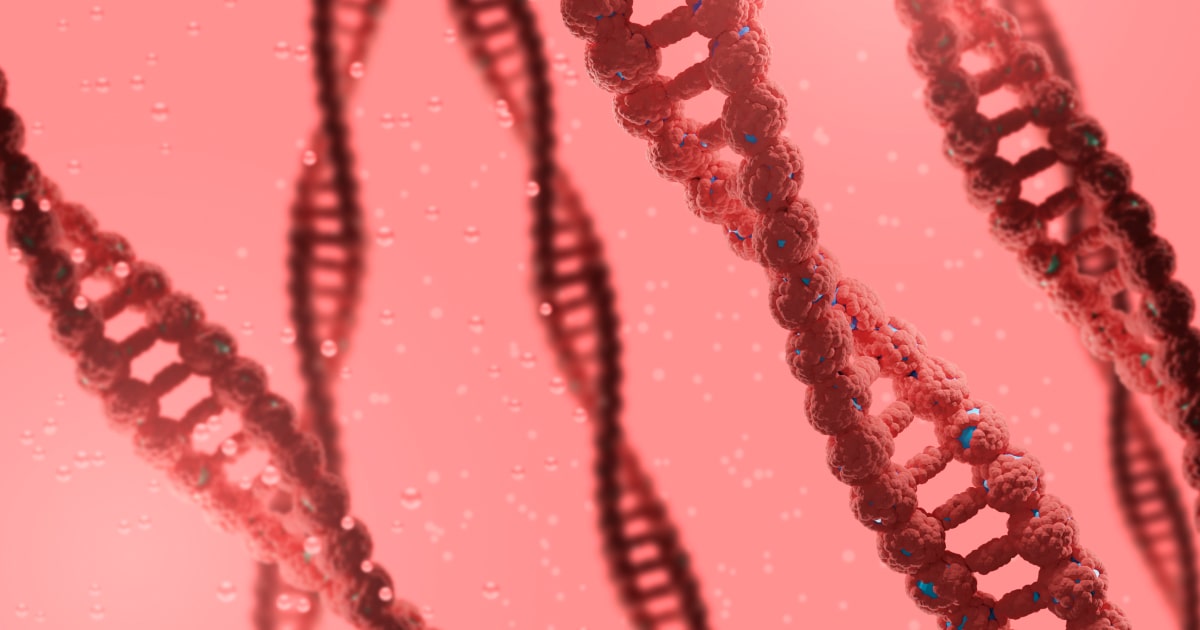
Expert Reviewed By: Dr. Brandon Colby MD
Periventricular nodular heterotopia 6 (PNH6) is a rare neurological disorder characterized by improper neuronal migration during brain development. This condition can lead to a spectrum of clinical manifestations, including intellectual disabilities and features of hypohidrotic ectodermal dysplasia. Recent advancements in genetic testing have opened new avenues for understanding and managing PNH6, offering hope to affected individuals and their families.
Understanding Periventricular Nodular Heterotopia 6
PNH6 is caused by ARF1 haploinsufficiency, a genetic anomaly that disrupts the normal migration of neurons in the developing brain. This disruption results in the formation of nodules of neurons along the ventricles, which can lead to a variety of neurological symptoms. The clinical presentation of PNH6 is highly variable, making diagnosis based solely on symptoms challenging.
Symptoms of PNH6 can include seizures, developmental delays, and intellectual disabilities. In some cases, individuals may also exhibit features of hypohidrotic ectodermal dysplasia, a condition affecting the development of the skin, hair, and teeth. The variability in symptoms underscores the importance of precise diagnostic tools, such as genetic testing, to confirm the presence of PNH6 and guide treatment strategies.
The Role of Genetic Testing in Diagnosing PNH6
Identifying Genetic Mutations
Genetic testing plays a crucial role in diagnosing PNH6 by identifying mutations in the ARF1 gene. This type of testing involves analyzing a patient's DNA to detect specific genetic abnormalities associated with the disorder. By confirming the presence of ARF1 haploinsufficiency, healthcare providers can make a definitive diagnosis of PNH6, even in cases where clinical symptoms are atypical or subtle.
Informing Clinical Management
Once a diagnosis is confirmed through genetic testing, it can significantly inform clinical management. Understanding the genetic basis of PNH6 allows healthcare providers to tailor treatment plans to the specific needs of each patient. For instance, early intervention programs can be implemented to address developmental delays, while targeted therapies may be considered to manage seizures and other neurological symptoms.
Facilitating Genetic Counseling
Genetic testing for PNH6 also facilitates genetic counseling, providing families with valuable information about the hereditary nature of the disorder. Genetic counselors can help families understand the risk of recurrence in future pregnancies and discuss available options, such as prenatal testing or preimplantation genetic diagnosis. This information empowers families to make informed decisions about family planning and healthcare management.
Challenges and Considerations in Genetic Testing for PNH6
While genetic testing offers significant benefits for diagnosing and managing PNH6, it also presents certain challenges. The rarity of the disorder means that not all healthcare providers may be familiar with its genetic underpinnings, potentially leading to delays in diagnosis. Additionally, the cost of genetic testing can be a barrier for some families, although insurance coverage for such tests is increasingly common.
Another consideration is the psychological impact of genetic testing results. Receiving a diagnosis of a genetic disorder can be emotionally challenging for patients and their families. It is essential that genetic testing is accompanied by appropriate support and counseling to help individuals cope with the implications of their diagnosis.
The Future of Genetic Testing in PNH6
As genetic testing technology continues to advance, the future looks promising for individuals with PNH6. Improved testing methods may lead to earlier and more accurate diagnoses, allowing for timely interventions that can enhance quality of life. Furthermore, ongoing research into the genetic mechanisms underlying PNH6 may pave the way for novel therapies targeting the root causes of the disorder.
In conclusion, genetic testing is a powerful tool in the diagnosis and management of periventricular nodular heterotopia 6. By identifying the genetic mutations responsible for the disorder, healthcare providers can offer personalized care and support to affected individuals and their families. As our understanding of PNH6 grows, so too does the potential for improving outcomes for those living with this complex condition.
For more information, you can refer to the following study: Semantic Scholar Link.
About The Expert Reviewer
Dr. Brandon Colby MD is a US physician specializing in the personalized prevention of disease through the use of genomic technologies. He’s an expert in genetic testing, genetic analysis, and precision medicine. Dr. Colby is also the Founder of and the author of Outsmart Your Genes.
Dr. Colby holds an MD from the Mount Sinai School of Medicine, an MBA from Stanford University’s Graduate School of Business, and a degree in Genetics with Honors from the University of Michigan. He is an Affiliate Specialist of the American College of Medical Genetics and Genomics (ACMG), an Associate of the American College of Preventive Medicine (ACPM), and a member of the National Society of Genetic Counselors (NSGC)